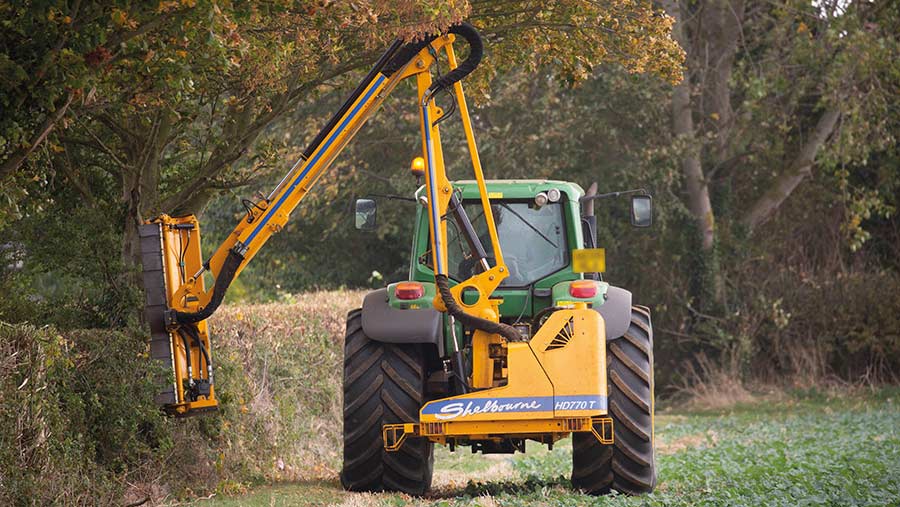Farm estates struggle to hire, despite average 5.4% pay rise
 © Tim Scrivener
© Tim Scrivener Farming estates are struggling to recruit staff despite average salary increases of 5.4% in 2022, according to a survey.
The research, conducted by Knight Frank, found that 86% of the estates surveyed could not fill roles in arable, livestock, dairy and horticulture.
See also: Survey reveals farm managers’ salaries, bonuses and perks
Those that have diversified into catering and wedding venues have the greatest difficulty in staffing those enterprises.
A number of participants in the Estate Staff Salaries Survey said that even specialist agencies often provide unmotivated and underskilled candidates.
The recruitment challenges come despite pay rise rates across estate jobs doubling on 2020 levels.
Time-consuming recruitment process
Andrew Shirley, head of rural research at Knight Frank, says the employment gaps meant that many farm businesses were having to dedicate more time to try to fill job vacancies.
“For businesses that don’t have estate teams, much more of their time is being spent on addressing employment issues instead of, for instance, in an arable business, developing strategies for grain marketing, and making their businesses more efficient,’’ he said.
When labour is in short supply, there is an increasing likelihood of recruiting the wrong people, he points out, and that has implications for staff retention too, further driving the cycle of recruitment.
Higher than usual availability of alternative jobs is thought to be an important factor in farming recruitment difficulties, while an increasing desire for job flexibility is not a good fit for farming either, said Mr Shirley.
The salaries being offered are realistic, he said, based on what businesses could afford, and there were often perks with jobs in agriculture, including subsidised accommodation.
With such an imbalance between staff supply and demand, potential recruits are also becoming increasingly selective about the roles they are prepared to take on, with remuneration just part of their criteria, the survey shows.
Social and environmental considerations
More than 40% of respondents said that they were increasingly being questioned about their social and environmental policies.
Alistair Paul, head of the rural consultancy Eastern Region at Knight Frank, says the concerns of Gen-Z workers (people born between 1997-2012) are unlikely to diminish.
“Putting in place strong environmental and social policies also undoubtedly creates businesses that are more sustainable and better placed to weather the growing climate change and biodiversity challenges,’’ said Mr Paul.
He gave the net-zero strategy recently released by the Duchy of Cornwall as a good example, he adds.
“Employers who recognise and respond to the big issues of the day, particularly environmental matters, will be in a better position to attract the most motivated staff,’’ he said.
